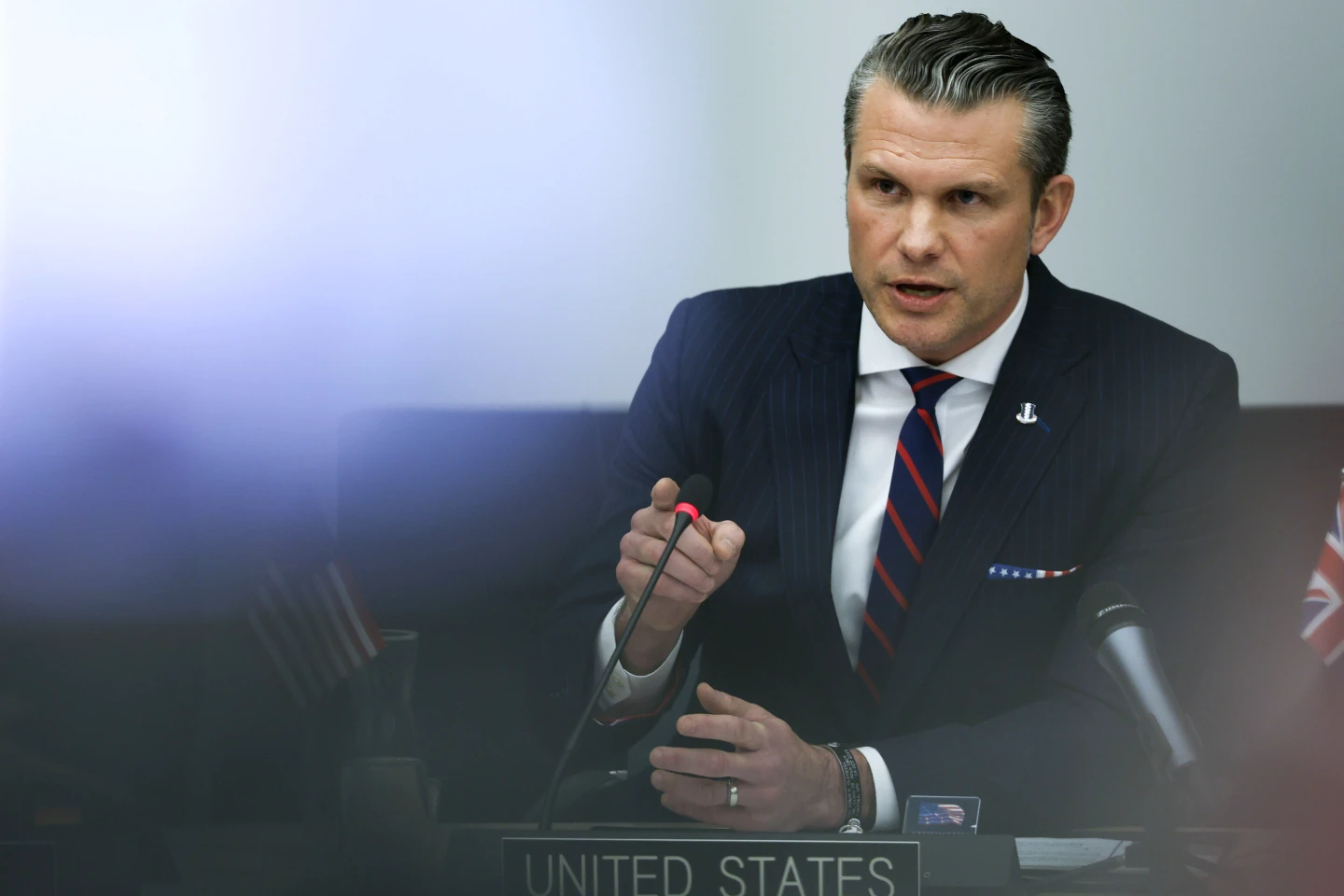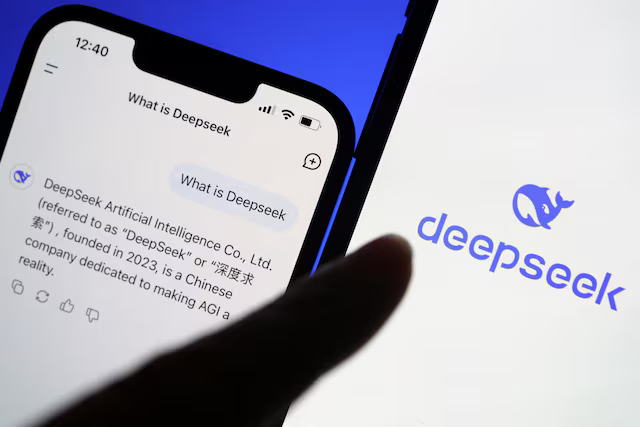South Korea’s Ministry of Industry has temporarily restricted employee access to the Chinese artificial intelligence startup DeepSeek, citing security concerns.
The move, which comes as part of broader government efforts to ensure the safety of generative AI technologies, was confirmed by an official from the ministry on Wednesday.
On Tuesday, the South Korean government issued a notice urging caution when using AI services, including DeepSeek and other generative AI platforms such as ChatGPT, within ministries and agencies. This directive is part of the government’s ongoing approach to monitoring and controlling the use of AI technologies in sensitive sectors.
Korea Hydro & Nuclear Power, a state-run energy company, had already blocked the use of DeepSeek and similar AI services earlier this month. The temporary ban on DeepSeek places South Korea among a growing list of nations expressing concern about the potential risks posed by Chinese AI models.
In addition to South Korea, Australian authorities have recently warned about DeepSeek’s security implications. Treasurer Jim Chalmers called for Australians to exercise caution when using the Chinese AI startup’s products, and US officials are also evaluating the national security risks linked to DeepSeek. South Korea’s information privacy watchdog plans to inquire with DeepSeek on how the company manages personal data, given the growing concerns about privacy.
DeepSeek, a Hangzhou-based startup backed by a Chinese hedge fund, has gained attention in the tech world after launching its latest AI models. The company claims that its models rival, or even surpass, products developed in the US, offering them at a significantly lower cost using less advanced Nvidia chips.
In response to security fears, South Korean companies are taking precautions with AI technology. Kakao Corp, a major tech firm in South Korea, has instructed its employees to refrain from using DeepSeek products. Similarly, SK Hynix, a leading AI chip manufacturer, has placed restrictions on generative AI services, allowing their use only when necessary. Naver, another major internet company, has also advised its employees to avoid using AI services that store data outside the company’s systems.
The concerns over DeepSeek are not limited to South Korea. Australia recently banned the use of DeepSeek on government systems and devices, with the Department of Home Affairs declaring that the use of DeepSeek products poses an unacceptable security risk. Similarly, Italy’s data protection authority issued a nationwide ban in late January.
While the US has not enacted an official ban on DeepSeek, several federal agencies, including the US Navy and NASA, have restricted the app due to security and privacy concerns. Texas has also prohibited the use of DeepSeek on government devices, citing national security issues. Recently, a bill proposed by US Senator Josh Hawley aimed to prevent the import and export of advanced Chinese AI technologies, reflecting growing concerns over the rapid rise of companies like DeepSeek.
The rise of DeepSeek has sparked a larger debate about the implications of Chinese AI advancements on global security, with some industry leaders, including former President Donald Trump, describing the surge in DeepSeek’s popularity as a “wake-up call” for the US tech industry.
Reuters and the Wall Street Journal contributed to this report.








